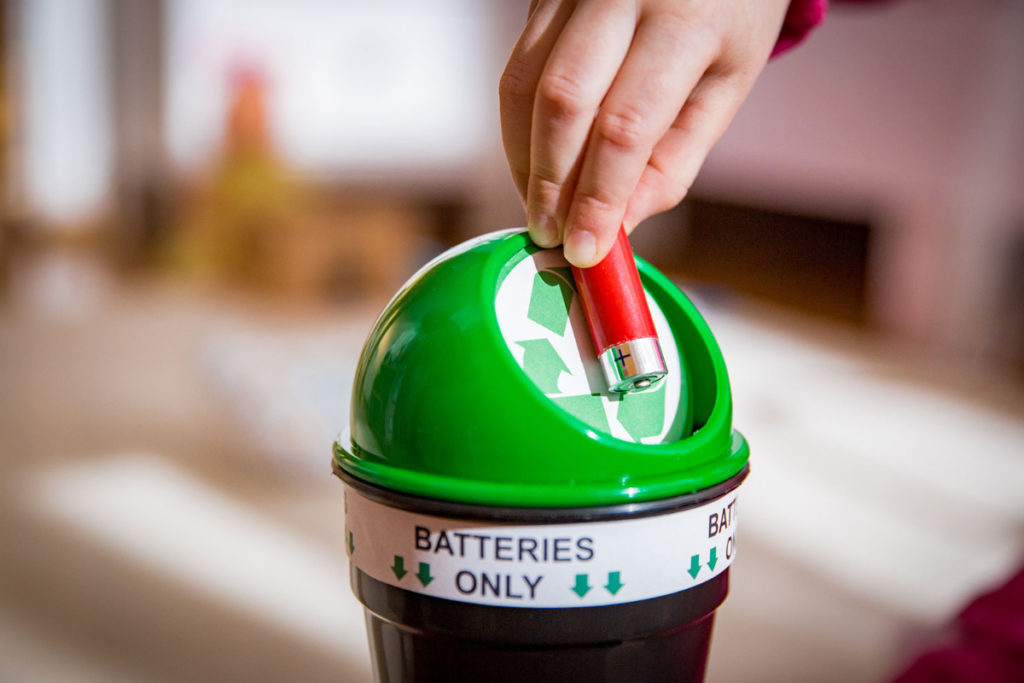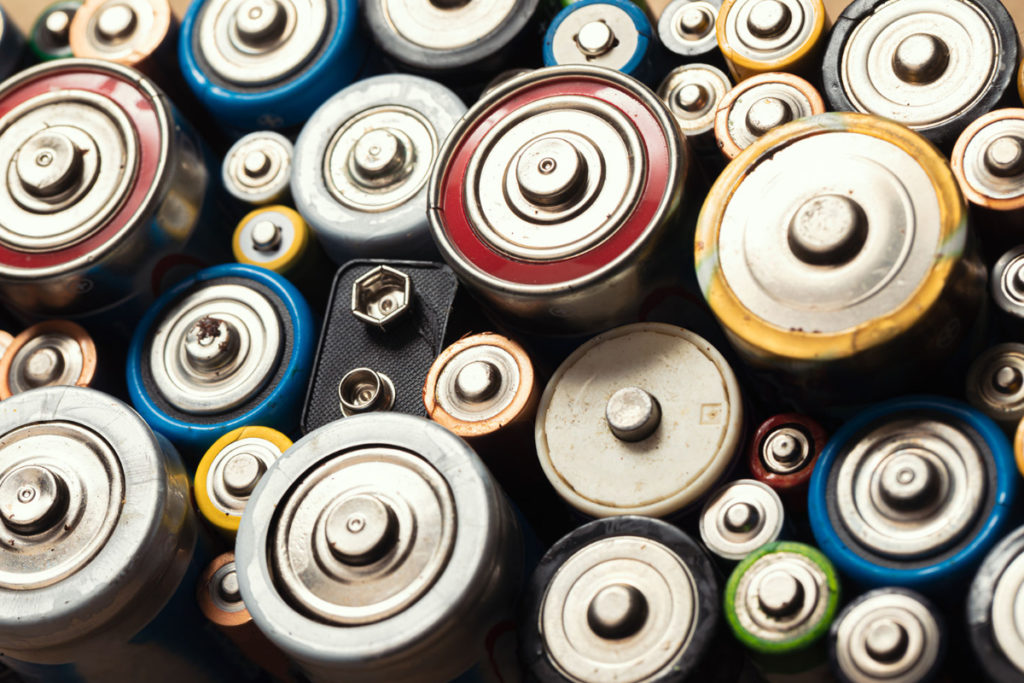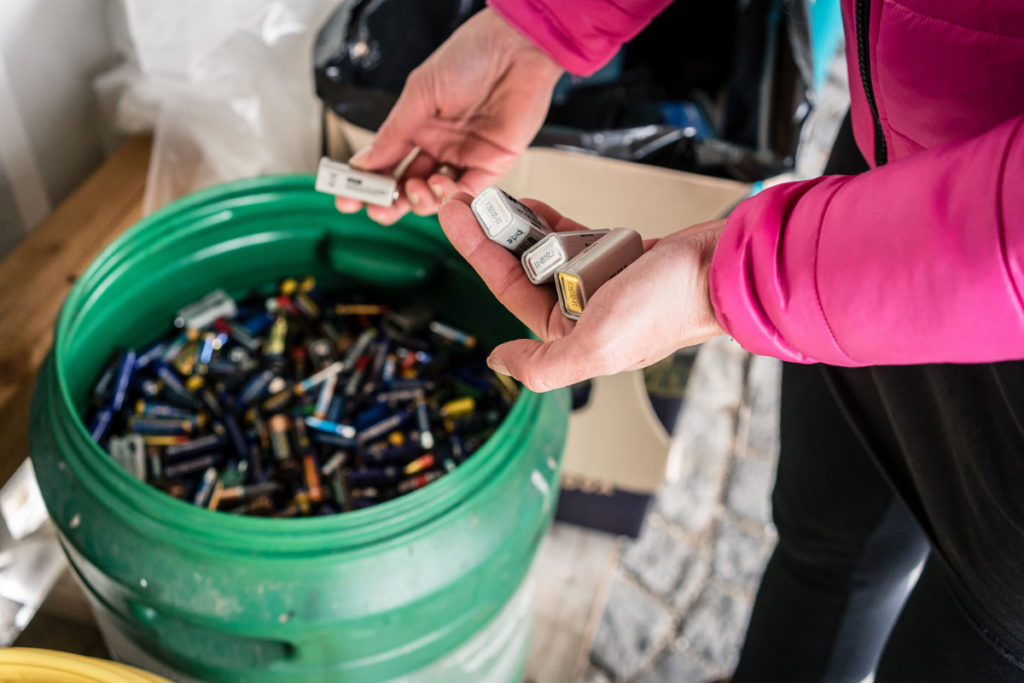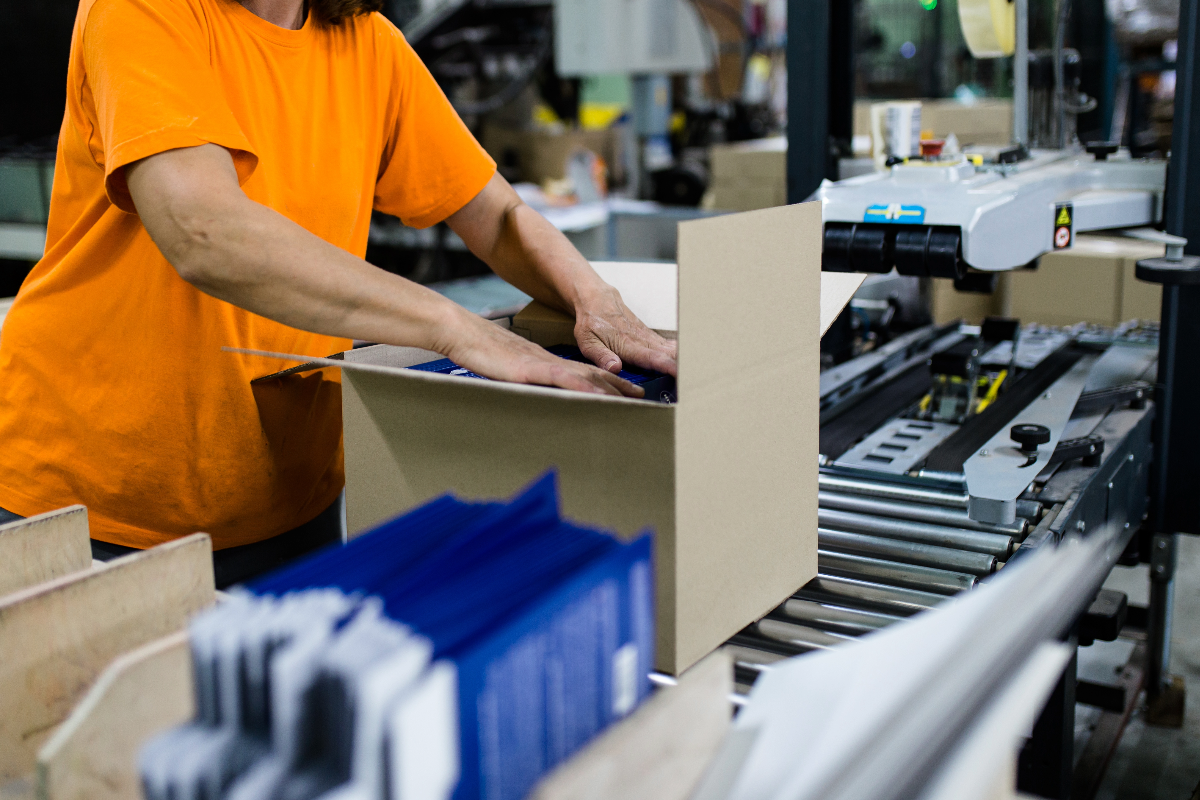BLOG
Battery Recycling: What you need to know

Every single business is likely to have some batteries lying around. They’re found in everything from your mobile phones to your electric vehicle (EV). If these batteries aren’t disposed of properly, they can be dangerous for everyone involved. But how can you make sure that your batteries are disposed of correctly? Here’s Flame UK’s guide to battery recycling.
What are batteries made from?
In your everyday batteries, you’ll find seven different components: container, cathode, separator, anode, electrodes, electrolyte, and a collector. These different components are usually steel and a mix of different materials such as zinc, manganese, potassium and graphite alongside paper and plastic. It’s possible to recycle all of these materials and components to make new products from your batteries.
How do you dispose of batteries?
The safest way to dispose of your batteries is to dispose of them in designated battery bins. This prevents them from ending up in landfill sites where the chemicals can leak into the environment. This also prevents them from any damage that might happen in the collection process which could cause bin fires. If any of your batteries have “Li” marked on them, this indicates that there’s lithium present. You should tape up the terminals of these batteries to reduce the risk of fire.
Can you recycle batteries?
The process for recycling batteries can be quite complicated due to their different components. Lead-acid batteries are broken apart in a hammer mill. Afterwards, the sulphuric acid is drained off, with the lead and plastic separated using a water bath. The materials are then collected and will form new batteries after a melting process with the acids going towards industrial chemicals or water. Alkaline batteries, such as AA and AAA, go through a similar process that extracts zinc, manganese, and steel to form new batteries.


Can I put my batteries in the bin?
Whatever you do, you should not be putting your batteries in the general waste bin. Flame UK can provide your business with a designated battery recycling bin to make sure that none of your batteries end up in the general waste bin. We can then collect the batteries and take them to an appropriate recycling facility so that nothing goes to landfill.
What are the dangers of putting batteries in the bin?
If you’re throwing your batteries in the bin, you could be causing bin fires. According to research from Material Focus, over 700 fires in waste trucks and sites were caused by batteries that weren’t removed from electricals. If you overcharge, damage or short circuit your lithium batteries, like those present in phones, vapes and laptops, they can cause a fire risk. If you’re putting batteries in your bin and there’s damage from other waste materials, they could cause a fire.
Why is it important that you recycle your batteries?
There are plenty of reasons why you should be recycling your batteries. However, the most important reason is to protect both you and the environment. Because of the components of batteries, they can be dangerous if you do not handle them correctly. Also, chemicals such as lithium, mercury, and zinc are all common in batteries. If they leak out into landfill sites, they can be dangerous. Recycling your batteries makes sure that none of the harmful chemicals can make it out into the environment. Also, we only have a finite amount of resources. Therefore, recycling your batteries conserves materials like metal to minimise the need to mine for new ones.
Contact us
Does your business need help finding the safest disposal route for your batteries? Flame UK provides a full WEEE collection and recycling service for businesses across the UK. Contact our team of experts today to find out how Flame UK can help your business manage its electrical waste.




